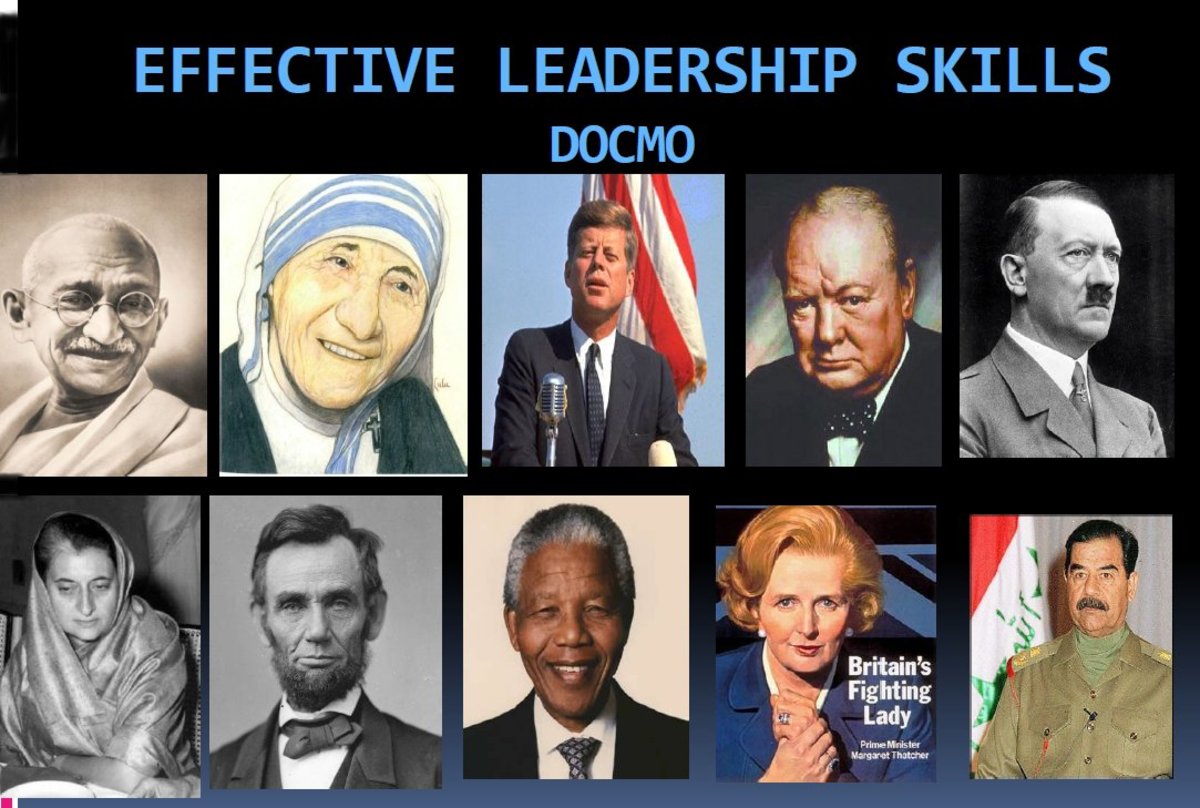Financial rewards and Motivation at work

Motivation is the set of forces that imitates directs and makes people persist in their efforts to accomplish a goal. According to the basics of motivation theory people are motivated by unmet needs so in order to motivate a person or employee one must learn what his or her needs are. In my opinion it is clear that motivation is the key to good performance but the question is what the best way to motivate someone is. I want to discuss financial rewards in relation to four major motivation theories, expectancy, reinforcement, equity and one major area of human resources research which looks at the effects of incentive pay . Financial incentives are extrinsic rewards and are tangible visible to others and contingent on performance, they help people to perform their jobs well. Intrinsic rewards are natural and associated with performing the task for its own sake. Now according to basics of motivation theory people are motivated by unmet needs, however there is a hierarchy of needs. Adelf on the other hand suggested that people are motivated by more than one need. Adelf suggested that people are motivated by a hierarchy of needs the first being Existence which refers to our concern with basic material existence motivators. The second is Relatedness and refers to the motivation we have for maintaining interpersonal relationships. The third and the highest need is Growth which refers to an intrinsic desire for personal development. So he is suggesting that people are motivated by more than one need. Seeing as before we categorized financial incentives as an extrinsic reward we can observe through Adelf’s hierarchy of needs that an executive will not solely be motivated by extrinsic rewards and therefore it is just as important for that person to satisfy higher order needs by experiencing Intrinsic rewards.
I would like to build on our understanding of motivation theory and look at aspects of Expectancy theory. It tells us that employees are motivated to the extent to which they believe that their efforts will lead to good performance. Another important feature is that their good performance will be rewarded with attractive rewards. If the rewards being offered are directly linked to their performance then workers will be motivated to take action and perform well to get their desired rewards. An intended effort will turn into visible effort when people expect their efforts will result in good performance. The important point to note here is that it is not just the financial rewards that cause people to perform well but also the employee needs to know that their efforts will turn into good performance. So it is clearly evident so far that financial rewards are important in motivation of executives but it is not the only factor and must be used in the correct way in order to achieve maximum results. So if the rewards are attractive and linked to performance (instrumentally) people are motivated to take action. Intended effort will turn into actual effort when people believe their hard work will result in good performance.
It could be claimed that with regard to executives of large corporation’s high compensation is a necessary evil as it is a necessary condition to attract the best, most capable people to top executive positions. As we have discussed earlier high material rewards is a powerful motivator. However once people get used to a high reward they may require an even higher one to remain motivated. Thus, a person receiving high compensation may be inclined to move for an even higher reward if he or she can get it.
According to Dan Ariely a behaviour economist at Duke University Fuqua Florida school of business has studied the question of how effective bonuses are. A bonus is a performance based pay dependent on good performance. Dan made a distinction between a person who wants to perform better because of the reward and a person who is actually able to perform better which he claims is a link we don not know much about. He creates a study involving six tasks ranging from physical activities to creative and cognitive tasks with three groups. Each group received a payment for performing well the first group received a one day payment bonus for performing well. The second group got a two week pay bonus and the third group received a six month pay bonus if they performed well. In group one and two there was not much of a change in performance. The third group was the worst performing even though they were getting the largest bonuses. What this indicated was that executives who are getting very large bonuses are occupied by the thought of receiving them and therefore executives are focused on the rewards which can cause stress this would obviously reduce performance.
He claimed that performance based pay is effective in some situations, however he states that when a person is performing a physical task performance based pay increases output but when the task is cognitive there is no increase in performance. This is because the thought process can not be rushed or coerced. The key is how to increase motivation without increasing stress, I do believe that large bonuses increase motivation but I do not believe that an increase in motivation will necessarily cause an increase in performance.








